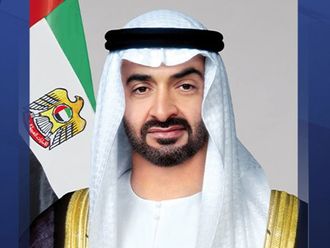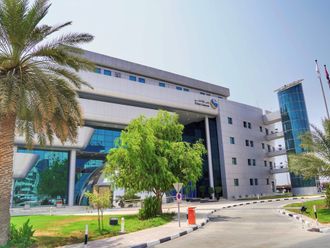Abu Dhabi: The Federal Authority for Nuclear Regulation (FANR) and Finland's Radiation and Nuclear Safety Authority (STUK) signed an agreement on Sunday in Abu Dhabi allowing the two regulators to cooperate in the areas of radiation safety, nuclear safety, security and safeguards.
Under this bilateral arrangement signed by FANR's Director General Dr William D. Travers and STUK's Director General Jukka Laaksonen, the two nuclear regulatory bodies will exchange information, experience, staff and technology related to ensuring the safe, secure and peaceful uses of nuclear applications.
"This agreement shows our continued commitment to establishing best practices when regulating the nuclear sector in the UAE," Dr Travers said during the signing ceremony.
"We look forward to sharing experiences with our colleagues at STUK and exchange knowledge with their experts at all levels."
Jukka Laaksonen added: "We appreciate this cooperation with FANR because Finland is continuing to build new nuclear power plants and Korean technology is a real alternative under consideration. We can learn from FANR's experience."
FANR will benefit from this arrangement in areas such as legislation, regulations and regulatory guides on radiation and nuclear safety, radioactive waste management and emergency preparedness.
STUK was established in 1958, initially inspecting radiation equipment used in hospitals. Its work has developed gradually and STUK today functions as the regulator for the entire fields of radiation and nuclear safety.
FANR, established in 2009, is the sole authority in the UAE that licenses and inspects those who use nuclear [as in nuclear power plants] or radiation technologies [as in radioactive sources used for oil exploration or medical purposes].
FANR attaches the utmost importance to cooperation with foreign nuclear regulatory bodies and international organisations based on the UAE Government's policy for a civilian nuclear energy programme.
The UAE's independent regulatory body has already been benefiting from similar arrangements with the US Nuclear Regulatory Commission (NRC), the Korean Ministry of Education, Science and Technology (MEST), as well as the Korean technical safety regulatory body, the Korea Institute of Nuclear Safety (KINS) and the Korea Institute of Nuclear Non-proliferation and Control (KINAC).










